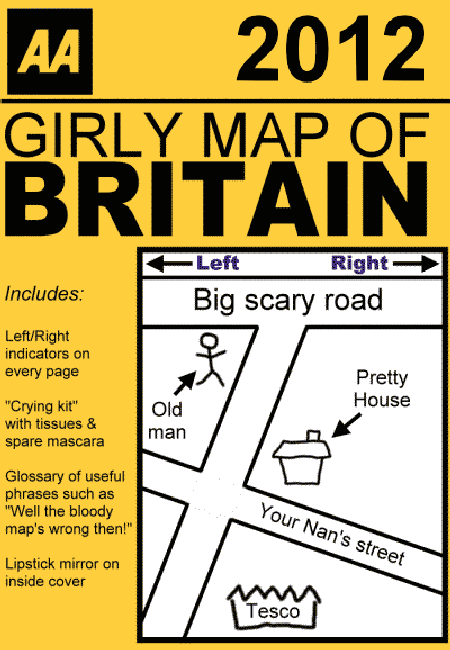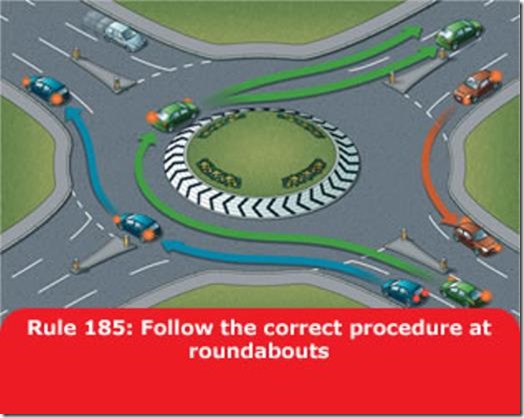Unbelievably, Michelle Brannigan drove her 11-year old son to school and had a crash. She had been out drinking the night before and was nearly FOUR TIMES THE LEGAL LIMIT!
Now, it would be easy to find examples of where men have been jailed for non-injury crashes whilst DUI  (driving under the influence) for a year, 10 months, six months, and so on. I’m sure there are longer sentences out there.
(driving under the influence) for a year, 10 months, six months, and so on. I’m sure there are longer sentences out there.
Brannigan was over the limit by 25% more than any of those male examples – in fact, she was so drunk it is a wonder she was able to breathe unaided – and yet she was jailed for a paltry 16 weeks.
She could have killed her son. She could have killed any number of other children. She was absolutely pissed during the school run (and I won’t mention the likely head start in the bad driving stakes that conveys). All those men in the examples above were completely uninvolved with the school run.
The only reason the idiot judge could have been so lenient in “one of the worst cases he had ever seen” was that she was female and a mother. He even considered suspending the sentence “because of [her] children”.
It’s unlikely she’ll be inside for anywhere near 16 weeks, either.
The night before, this “mother” – the word “unfit” is omitted in the article – had been drinking bourbon until 1 am in the morning. The judge insisted she is “a good mother”. Quite how his logic works is obviously not clear – answers on a postcard please.
The mitigating pleas are laughable when you consider Brannigan’s haggard face, clearly weathered by years of hard living. Apparently, it was all the fault of depression, the “neighbour from hell”, being a single mother with little support, and so on. All these things do is paint a picture of the kind of people and the localities involved – best summed up by the word “rough”.
It really is one rule for men, and another for women sometimes.
And this is exactly why society is declining and people drive, for example, the way they do. This “good mother” is one hell of a role model for her kids to emulate when they grow up. The script is already written for how they could easily turn out.
 overnment departments, as part of an overall “transparency policy” by the government.
overnment departments, as part of an overall “transparency policy” by the government. The Canadian exam is simply a touch-screen affair – as far as I can tell, a lot of questions and hazard scenarios are thrown up (if someone from Canada can clarify that it’d be useful), and the candidate simply touches a “button” on the screen. It isn’t a million miles away from the UK Theory Test. But – just like the UK – there are “activists”, ready to oppose anything.
The Canadian exam is simply a touch-screen affair – as far as I can tell, a lot of questions and hazard scenarios are thrown up (if someone from Canada can clarify that it’d be useful), and the candidate simply touches a “button” on the screen. It isn’t a million miles away from the UK Theory Test. But – just like the UK – there are “activists”, ready to oppose anything. Newcastle news site) says that a 27-year old woman from the area passed her Theory Test on the 49th attempt.
Newcastle news site) says that a 27-year old woman from the area passed her Theory Test on the 49th attempt. This stupid article from ChoiceQuote reckons British cars are “bigger than the average parking space”. So you’d be forgiven for thinking that this means all – or the majority of – cars on British roads are too big.
This stupid article from ChoiceQuote reckons British cars are “bigger than the average parking space”. So you’d be forgiven for thinking that this means all – or the majority of – cars on British roads are too big.
 Of course, it was unlikely this change was ever going to get a clear ride into being. And who better than
Of course, it was unlikely this change was ever going to get a clear ride into being. And who better than 